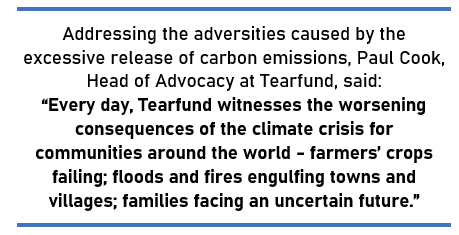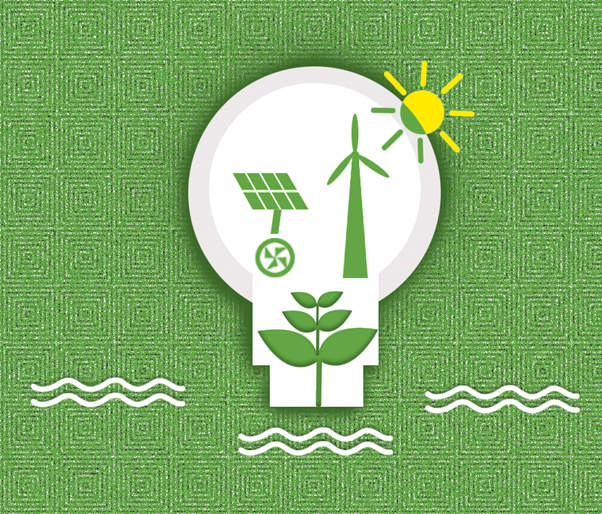Summary
- The 47th G7 summit is scheduled for 11–13 June 2021 in the United Kingdom.
- Ahead of the anticipated event, Tearfund, the International Institute for Sustainable Development, and the Overseas Development Institute published a report to analyse energy investments by the G7 nations.
- It seems that the most powerful seven countries of the world that constitute G7 nations inject more money into fossil fuels than green energy.
A recent report by Tearfund suggests that G7 nations have favoured an investment in fossil fuels over green energy, since the pandemic began.
But why are the G7 nations significant in leading the path for a climate-safe future for all? Let’s find out-
- G7 constitutes the world’s seven most powerful economies- the UK, Canada, France, Germany, Italy, Japan, and the US.
- These countries are also the ones that release some of the world’s maximum emissions. Although they represent just one-tenth of the global population, almost a quarter of the global carbon dioxide emissions come from these world powers.
- Having said so, G7 nations hold the capacity to either strengthen the transition into green energy or worsen the already daunting climate change.
RELATED READ: All that you want to know about G7 2021
Decoding the Tearfund Report
The G7 summit is currently going on in the United Kingdom. Its scheduled days are from 11 June to 13 June 2021.
MUST WATCH: Top News Of The Day || Will UK PM Boris Johnson donate 1 billion vaccines as urged by G7?

Copyright © 2021 Kalkine Media
Ahead of this meeting, development charity Tearfund, the International Institute for Sustainable Development, and the Overseas Development Institute collaboratively published a report to analyse energy investments by the G7 nations. According to the report, the most powerful seven countries of the world inject more money into fossil fuels than green energy.
The report brings shocking results because the G7 countries had set the goalpost to achieve net-zero targets to limit global warming to 1.5-degree celsius. Countries, as mentioned earlier, collectively pledge to “build back better”. However, they have invested USD 189 billion in coal, oil and gas in contrast to USD 147 billion in green energy since the start of the pandemic.
The report also concluded that 8 in every 10 dollars invested into fossil fuels during this period had no ‘green strings’ attached. The investments profited the dirtiest sectors that cause maximum harm to the environment.
ALSO WATCH: The Economic Corner || Is G7 Tax Deal A Starting Point Of Revived International Cooperation?

What advise does Tearfund’s report have for G7 countries?
G7 nations can adopt a “do-no-harm” principle in a view to ending their support for fossil fuels. They are also recommended to attach “green strings” if aid is provided to the fossil fuel-intensive sectors. G7 nations are urged to invest at least 40% of total COVID-19 recovery spending for sustainable development projects.

Copyright © 2021 Kalkine Media
The countries have a powerful impact on multilateral development banks. They can use their position to influence these banks to align their activities with the Paris Climate Agreement. The countries can collectively help low and middle-income countries in their green recovery by easing their debt burden.
ALSO READ: ASX companies gearing up to meet green energy targets
The report calls for more climate finance pledges and lesser overseas finance for fossil fuels by the powerful nations.
Notably, the world’s richest seven countries hold significant value in the fight against climate change.
Unfortunately, their support for fossil fuels has led to environmental degradation and failure to adopt clean technology. However, timely application of the measures recommended by the sustainable energy departments working worldwide can help these countries to get back on track and push the world towards achieving carbon neutrality.

.jpg)

